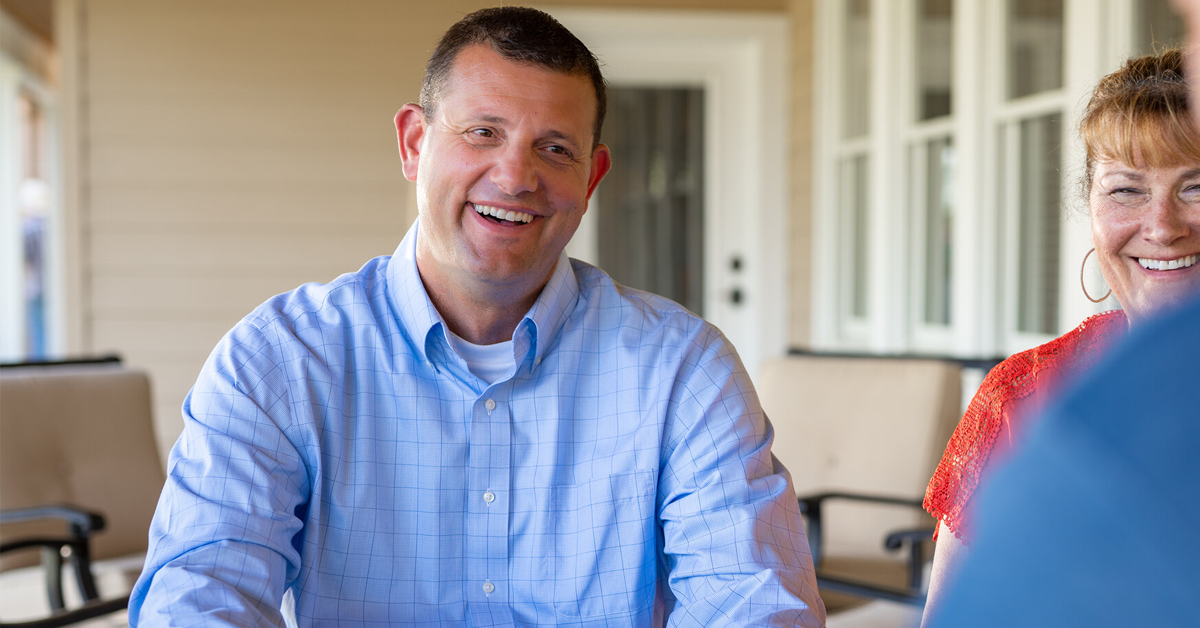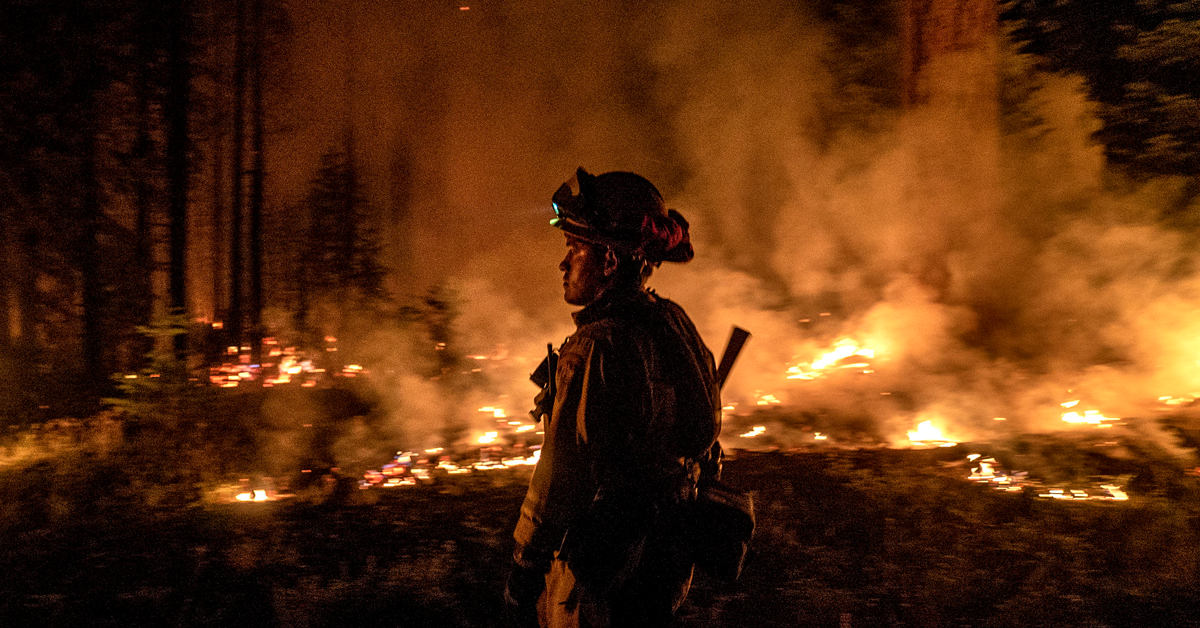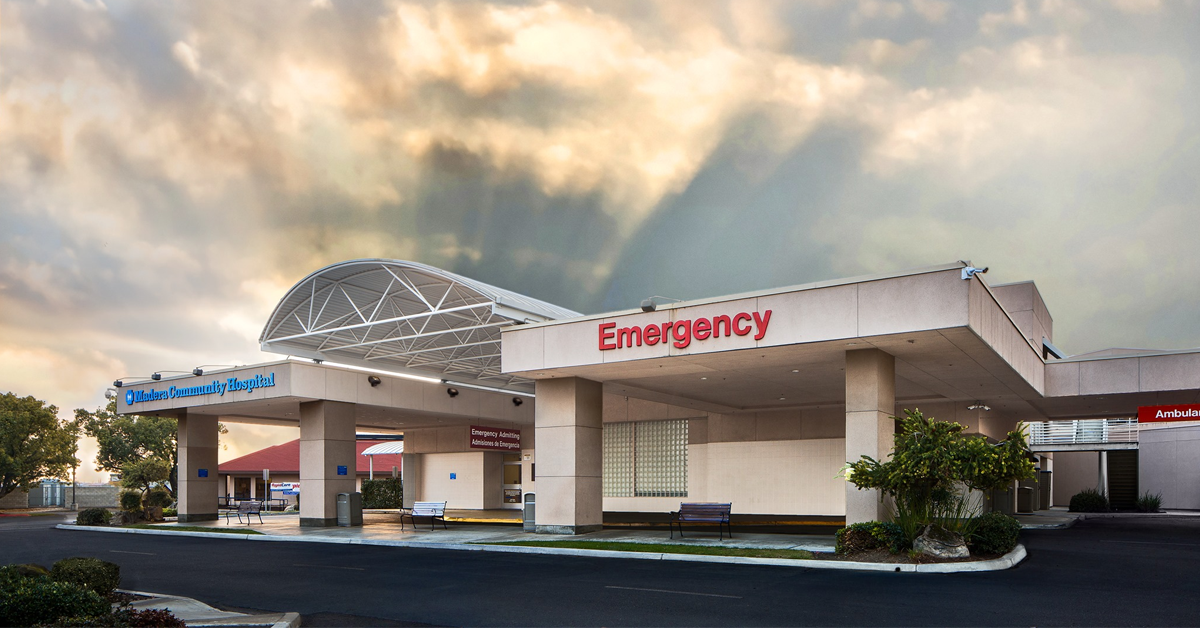A proposal to create a state biomass program to curb forest fires has gained support in the Central Valley.
Tuesday, the Madera County Board of Supervisors approved a letter in support of Assembly Bill 2878, authored by Asm. Cecilia Aguiar-Curry (D–Winters) featuring Asm. Devon Mathis (R–Porterville) as the principal coathor.
If passed, AB 2878 would establish the Forest Waste Biomass Utilization Program to develop and implement statewide forest management plans in the wake of the major forest fires over the last several years.
As stated in the letter, the county feels that AB 2878 will help reduce future emissions related to the open burning or natural decomposition of forest residuals, increase energy reliability and resiliency in communities that are at greatest risk of losing power and create jobs and improve the economy in many of California’s rural communities.
“California is finally making progress on long-overdue forest health improvement and wildfire risk reduction projects, but there has never been a greater need to increase the pace and scale of those projects,” the letter reads.
“In 2020, California’s wildfires burned over 4 million acres and released over 90 million metric tons of greenhouse gas emissions. Another 2.5 million acres burned last year. Emissions from wildfires undercut much of the state’s progress in reducing greenhouse gas emissions and result in widespread hazardous air quality for extended periods of time.”
The county noted a recent field study study that indicated biomass energy generation results in 98 to 99 percent lower PM2.5, carbon monoxide, methan and black carbon emissions compared to open pile burning.
“Biomass energy generation plays a key role in the state’s forest health and wildfire risk reduction efforts, since traditional methods of disposal (open burning and natural decomposition) produce far greater emissions than would occur in a biomass facility,” the letter reads.
“Residuals left in place for natural decomposition add to the fuel load and are increasingly likely to be consumed in a wildfire.”
The county also pointed to the efforts that would be implemented by AB 2878 to improve local energy resiliency and overall grid reliability.
Those efforts include the following:
- Promoting use of forest biomass to support rural microgrids.
- Requiring utilities to upgrade infrastructure in forested regions to reduce wildfire risk and support integration of bioenergy.
- Incentivizing interconnection of bioenergy projects.
- Extending the state’s BioMAT program until 2030, which requires utilities to procure electricity from small bioenergy projects, including biomass facilities that use fuels from high hazard zones.










